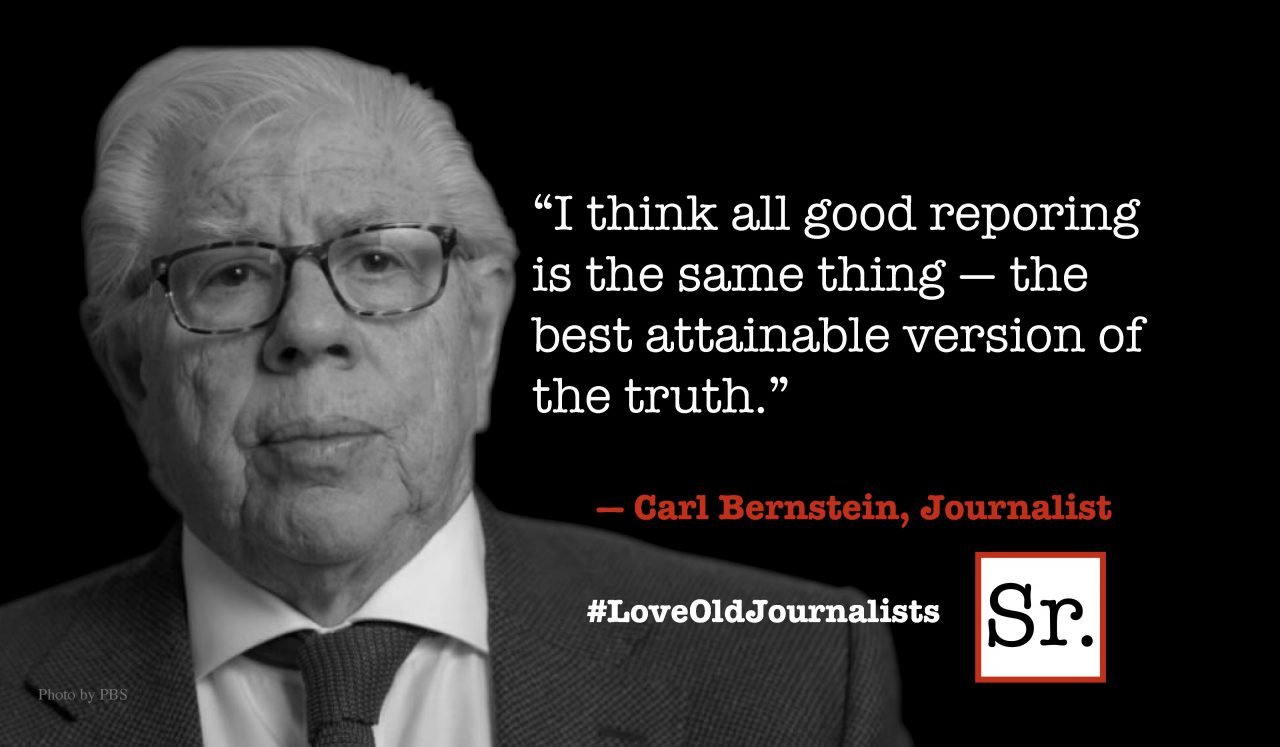Stop bowing at the altar of collaboration.
It’s usually better to work with others – to collaborate. But, collaboration isn’t always useful or necessary.
Collaboration can be cumbersome, ineffective, or detrimental.
Sometimes, having someone work for you is better than working with them.
Collaboration isn’t useful when:
- Time is short. Collaboration is slower than working alone. That’s why frustrated managers end up saying, “I’ll do it myself.” Additionally, a crisis isn’t the place for collaboration. If the house is on fire, get the people out, don’t call a meeting.
- Dealing with issues irrelevant to others. Don’t waste your time collaborating with those who don’t care. At best, it’s frustrating. At worst, progress ends.
- Collaboration skills are absent. Some don’t know how to collaborate. Stop wasting your time. Teach collaboration skills when appropriate. Even then, some won’t get it. Assign them tasks that don’t require collaboration. Explain the context, ask for input, and be directive.
- Values collide. Collaboration degenerates to a tug-of-war when values aren’t shared. The moment you realize values are clashing, forget collaborating on projects and initiatives. Search for and validate shared values.
Collaboration makes matters worse when values collide.
Collaboration is useful when you are:
- Dealing with complexity. Collaboration provides multiple skill-sets and perspectives that prevent you from overlooking key elements of opportunities and challenges.
- Leveraging diversity. Cross-gender collaboration, for example, adds richness.
- Inviting buy-in. Collaborating elevates everyone’s status. It says you matter. People participate when their participation matters.
- Dealing with strategic issues. The bigger the issue the more essential collaboration becomes.
- Solving long-term challenges or finding long-term solutions.
How have you seen collaboration NOT work?
What are the secrets to effective collaboration?









